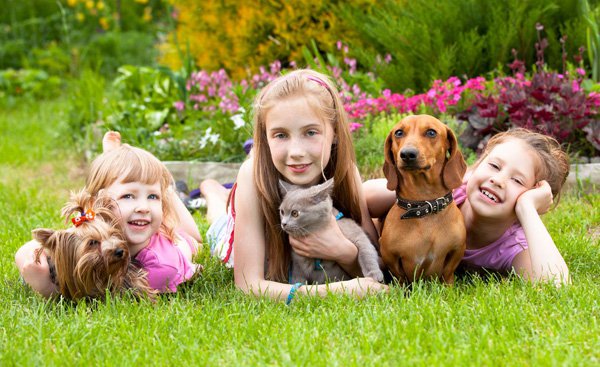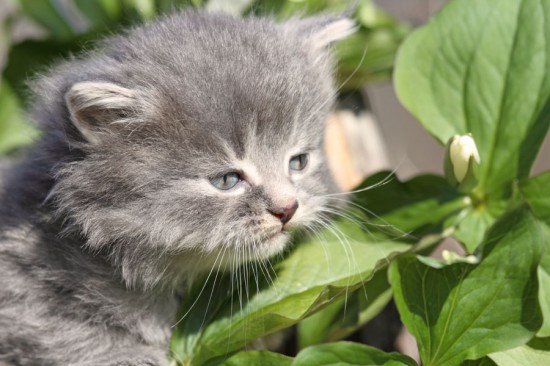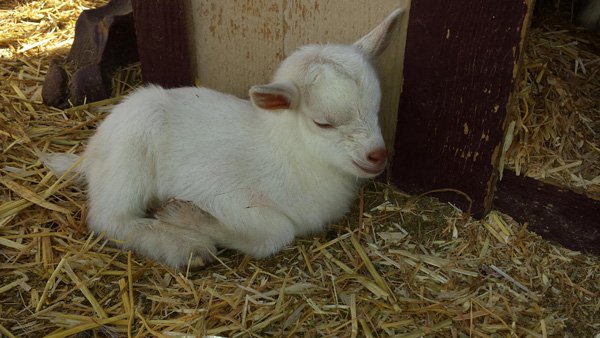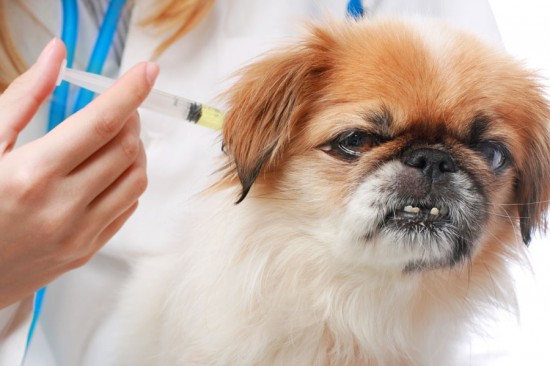
When we first decided to buy an old horse ranch and turn it into a boarding stable, people told us we were nuts. Of course, we discovered that they were right. When we announce that our stable would use only holistic nutrition and care approaches - we were told that it couldn’t be done, no one would pay the added costs. Here, the voices were wrong. Increasingly, we are being sought out specifically because we choose to offer a different standard of care.
So what does it mean to have a “holistic” barn? To us, it means offering horses the opportunity to live and eat, as much as possible, like as Mother Nature designed. In the wild, horses grazed around the clock and nibbled from salt, clay or mineral deposits. We feed low protein grass hay - enough for all day and night, and horses have regular turnout to pasture where they can roam and move. Each pasture and stall has three different free choice minerals and loose salt available so that horses can balance their pH and mineral needs. Horses with free choice minerals available utilize their food better are unlikely to colic.
Horses need to move, not simply for muscle tone, but for a healthy emotional balance. Grazing over large areas helps pump stagnant blood and lymph up from the lower legs and offers mental stimulation. Here is Arizona where grass pasture can be hard to find, we value (and are extremely grateful to have) 50+ acres of pastures for turnout. But smaller areas will work - the key is regular, relaxed movement.
Mother Nature also rarely put metal bands around the feet, restricting blood flow and hoof growth. All of our personal horses are kept in barefoot trims, and our boarders are encouraged to do the same. We offer a variety of hoof boots for trail riding, but rarely need them - even here on our hard, rocky trails.
As a nutritionist, I tend to rant about the lack of quality ingredients in most grain mixes, senior equine and sweet feeds, and this flows through to our barn. We feed a tested chemical-free (better than organic) whole pelleted grain, when we need grain at all. This keeps the agri-waste and chemical preservatives out of our horses and lowers the acid levels in their gut. It sounds expensive. But because there is so much nutrition in the whole grain, we only need to feed 1 - 3 cups a day instead of 1 to 3 coffee cans!
A big difference between a holistic barn and more standard approaches is in how we approach keeping horses healthy. Chemically toxic paste wormers and feed through daily wormers are “poisoning your way to health”. Every time you add these toxins to your horse, his liver and kidneys become more overwhelmed, making your horse more attractive to the parasites! In 1995, we began using herbal parasite cleanse products and have clean fecals and healthier horses ever since. This side benefit to this is how few flies our horses now attract!
Speaking of fly control, I choose not to breathe in chemical sprays from either misters or sprays. So we use (and love) fly predators, reusable fly traps with non-toxic bait and home-made fly spray with water, vinegar, coconut oil and various essential oils. With healthy horses who attract fewer flies, composted manure management and these precautions, even during the heavy fly months we have fewer flies than any of the other barns around.
The largest challenge for those who chose to maintain a holistic barn is vaccinations. Most barn managers have regularly scheduled veterinary visits to vaccinate all their boarders for Equine Flu, Tetanus, Rabies, West Nile, etc. Again, we choose a different approach. We offer immune builder regimens and homeopathic nosodes (oral vaccines) instead. If a boarder chooses to have their horses vaccinated, their horses are given immune boosters before and after along with homeopathic Thuja to help prevent vaccinosis reactions. They are also separated by at least one stall from the rest of the horses, as they may shed live virus after being vaccinated.
When you choose to have a holistic barn - of any size - your greatest asset is a veterinarian who understands and supports your choices and methods. Fighting your vet over new ideas can be tiring. Luckily, more and more veterinarians are open to holistic approaches and willing to learn right along with us. Our vet uses ozone and oxygen products before reaching for antibiotics, and supports our use of herbs and probiotics instead of drugs.
If you are looking for holistic alternatives and are not sure where to turn, there is help. We offer internships in Holistic Equine Management and have articles, an interactive blog and other resources on our website: www.grandadventuresranch.com. Don’t feel that you have to jump into the deep end immediately. Think about how Mother Nature design our beloved partners and look at ways to live up to her traditions. Do the best you can with the situation you now have and work toward the rest.
 How to Choose a Cat for Your Family?
How to Choose a Cat for Your Family?
Have you
How to Choose a Cat for Your Family?
How to Choose a Cat for Your Family?
Have you
 Cats And Poisonous Plants
Cats And Poisonou
Cats And Poisonous Plants
Cats And Poisonou
 Pet Boarding Facility in Chapel Hill: Safe Heaven for Your Pet
Pet Boarding Facility in Chapel Hill: Safe Heaven for Your
Pet Boarding Facility in Chapel Hill: Safe Heaven for Your Pet
Pet Boarding Facility in Chapel Hill: Safe Heaven for Your
 Canine Inoculations - Necessary Or Not?
Canine Inoculatio
Canine Inoculations - Necessary Or Not?
Canine Inoculatio
 Dogs Mans Best Friend
The answer to this question is easy for everyone who ha
Dogs Mans Best Friend
The answer to this question is easy for everyone who ha
Copyright © 2005-2016 Pet Information All Rights Reserved
Contact us: www162date@outlook.com